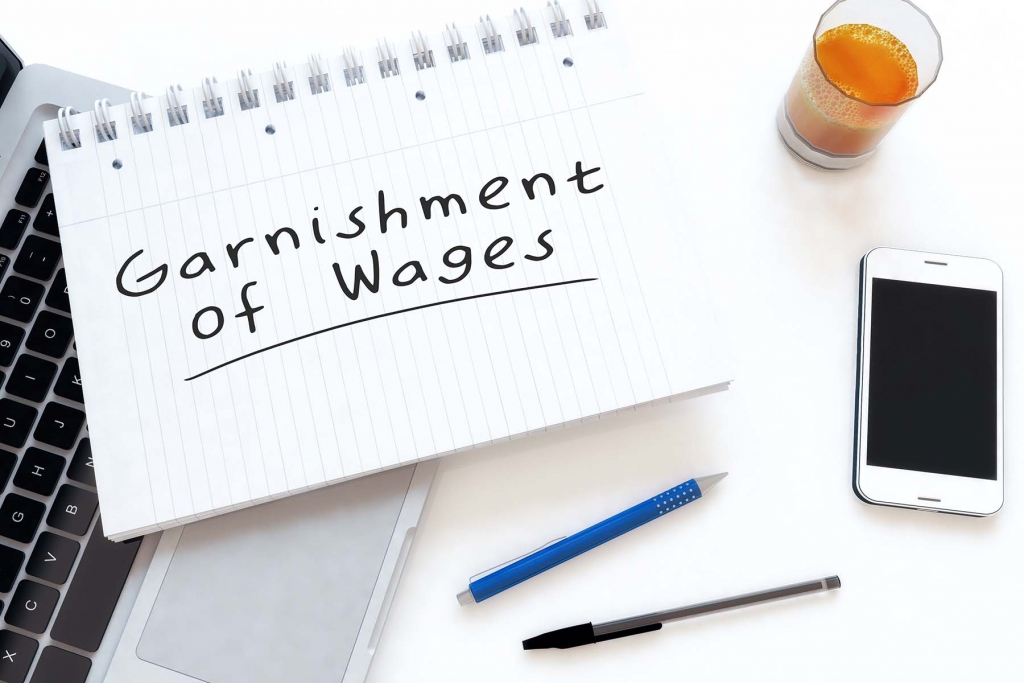Bankruptcy and Wage Garnishment in Arizona
Wage garnishments are issued by court order in the state of Arizona. These court orders can have the wages of the debtor garnished up to 25% of the net paycheck. A wage garnishment cannot be started until it has gone through the proper channels and has been issued by a court. Filing bankruptcy can help stop these garnishments from occurring.
What is Wage Garnishment?
In the state of Arizona, when a debtor is far enough behind on a debt, the creditor can file a petition with the court to have an amount taken out of the debtor’s paycheck. This garnishment can be up to 25% of the debtor’s net income for the pay period. The most common debts that result in a court-ordered wage garnishment include:
- Taxes (Federal, State, or Local)
- Credit Cards
- Court Costs
- Child Support
- Medical Expenses
- Alimony
- Student Loans
Order Priority in Arizona Garnishments
In Arizona, there is a hierarchy for the debts that get paid via garnishment. If a debtor has multiple debts seeking a part of their paycheck, the following order is enforced with the garnishments:
- Child Support
- Federal Debt
- State and local tax debts
- Unsecured debts (First come, first served)
Do Circumstances Exist Where I Cannot Be Garnished?
There are certain circumstances in the state of Arizona, where your wages cannot be garnished. These exceptions include:
- The maximum garnishment amount is already being taken from your check by another creditor
- A bankruptcy case is pending
- The judgment is discharged in a bankruptcy case
- You entered an agreement with a debt counseling agency
- There are no collectible wages to garnish
How Bankruptcy Stops Garnishment
Once a debtor or their bankruptcy attorney has notified the creditor of their bankruptcy case, they are required by law to end all collections efforts. These efforts include things like collection calls and garnishments that may have been previously enforced.
The rules apply to all chapters of bankruptcy, and creditors can get in trouble per the Fair Debt Collection Practices Act. If you have wondered if filing bankruptcy and starting fresh is something you should do, wage garnishments are an indicator that the time to consider bankruptcy is amongst you.
Even though you can stall the creditor’s advances toward collecting on the debt, keep in mind that the initial filing of bankruptcy does not guarantee that the debt will be discharged.
At the first meeting of the creditors, you are going to be under the microscope. The trustee in the case is the representative of the court in your case. Your creditors will also be notified of this meeting, and even though it does not happen often, they may send representatives to question you.
Hiring an Attorney Makes a World of Difference
Arizona bankruptcy attorneys have the experience needed to handle stopping your garnishments once the bankruptcy is filed, and they can handle the creditors if they pursue you after filing.
An experienced Arizona bankruptcy attorney can help prepare you for the first meeting of the creditors so that you are not caught off guard by questions that may be asked of you. Make sure that you call an attorney so that they can advise you on how to handle a garnishment. They may advise that bankruptcy is your only option. Arizona bankruptcy lawyers have the information you need to get your debt squared away easily.





